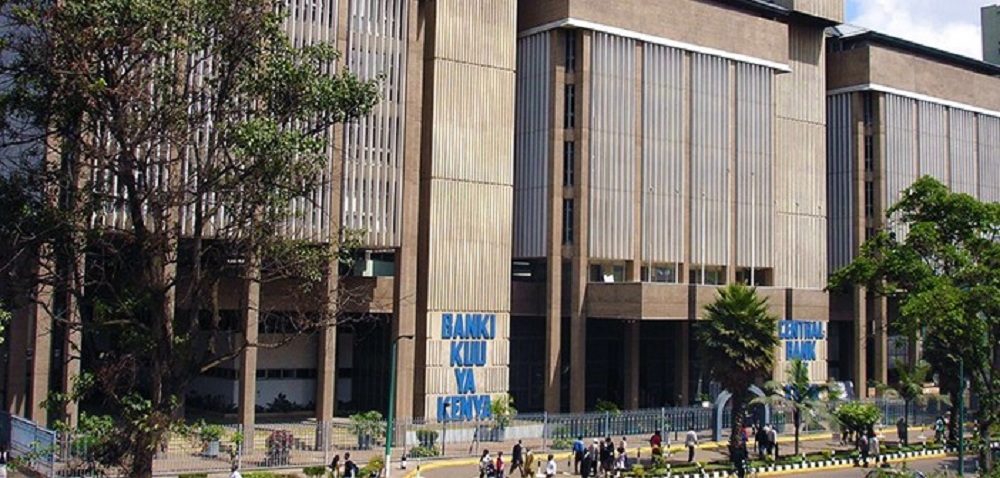[dropcap]K[/dropcap]enyans who have commercial bank loans and mortgages are not a happy lot as plans to scrap caps on interest rates gain momentum.
The removal of the ceiling on rates banks charge would see bank customers pay as high as 25% interest on normal loans and 20% percent on mortgages.
Currently, interest rates have been capped at 4% above the central bank benchmark rate, which stands at 9.5%.
This means citizens are paying a fixed rate of 13.5% on their loans, which is a huge relief that was brought by the law that capped interest rates.
But Kenya is working to abolish the law in the coming months, less than two years since it was effected in September 2016.
The plan to eliminate the law has gained momentum, with the central bank accelerating efforts to educate the public on the negative effects of the ceilings.
The apex bank has taken to social media and public forums educating people of why the law is not good for the country, and appealing to them to submit views on a draft paper against the caps.
“The Central Bank of Kenya has prepared a draft paper on the impact of interest rate capping on the Kenyan economy. We invite your views on the document,” the CBK said in tweets on Monday.
CBK Governor Patrick Njoroge has equally sustained talk against the interest rate caps, explaining to participants at a finance conference last week why Kenya must do away with the law.
President Uhuru Kenyatta backs the plan to abolish the rate caps, which were effected after he signed the bill from parliament into law.
He last week told a meeting in London that the capping would be removed because it has stifled access to credit by the small and medium enterprises.
“We have learnt our lessons and recognise the limitations of the law. We need to repeal it altogether or modify it to deal with concerns that have been raised,” he said.
But as the push gathers pace, thousands of Kenyans with loans are a worried lot due to the expected financial burden they are to shoulder.
“I have a mortgage which I am currently paying and I have 10 years to go. For the past two years, things have been a little better with the between 13.5% and 14% rates but if the law is scrapped, the move would interfere with my finances,” said Amos Mbuthia, who works with an information technology company in Nairobi.
The scrapping of the law for him and thousands of other people means more loan installments and the lengthening of the repayment period.
“Definitely my repayment period would jump to 11 or 12 years, setting me back, if the law is repealed. I hope the government finds a way of protecting us,” he said.
Sarah Odongo, who also had a mortgage, said she would have to readjust her lifestyle to accommodate the higher payments.
Analysts noted that with the push from the president, the International Monetary Fund and backing from the central bank, it is a matter of time before the law is scrapped.
“The plan to repeal the interest rate cap has gained traction with legal amendments to the law set to be tabled in Parliament. A legal framework is being drafted to fast-track the process,” Cytonn, a Nairobi-based investment firm, said Monday.
Treasury, working with the central bank, is set to come up with a raft of reforms, whose main agenda would be to resolve the high cost of credit and in the process lead to the elimination of the Banking Amendment Act 2015.
The law has been blamed for contributing to the accelerated decline in private sector credit growth as banks adopt more stringent lending policies in a bid to tame the declining asset quality as reflected by the increase in non-performing loans.
Private sector credit growth for the 12 months to March stood at 3.3%, way below the optimal 12-15% that is required to stimulate economic growth.
READ: SK Macharia sweeps KTN clean in new raid
According to the central bank, small banks have experienced significant decline in profitability in recent months, a situation that complicates their viability.
“The interest rate caps infringe on the independence of the central bank and complicate the conduct of monetary policy. It is found that under the interest rate capping environment, monetary policy produces perverse outcomes,” noted the bank.
Story credit: Xinhua













Leave a comment